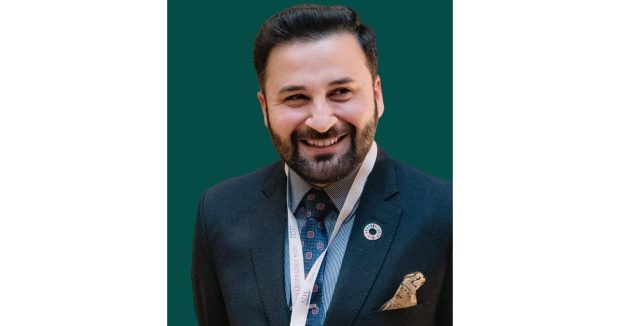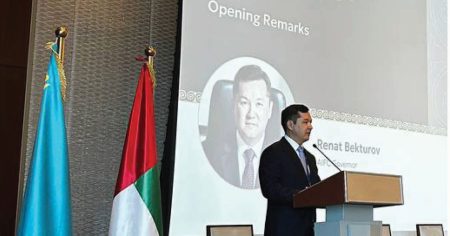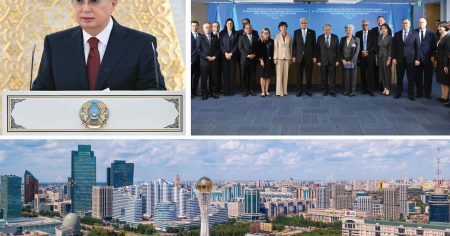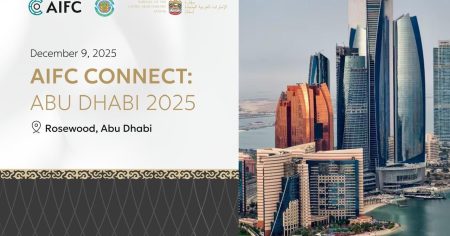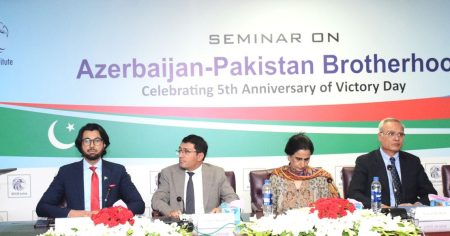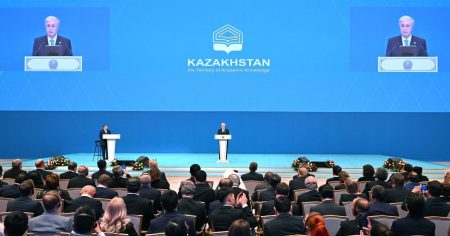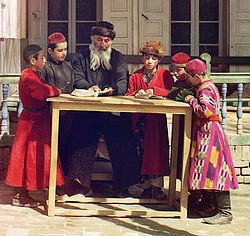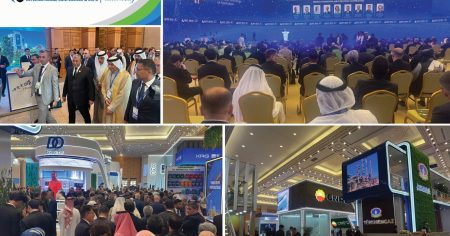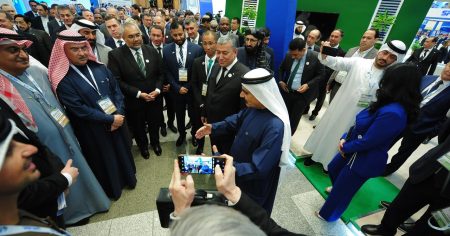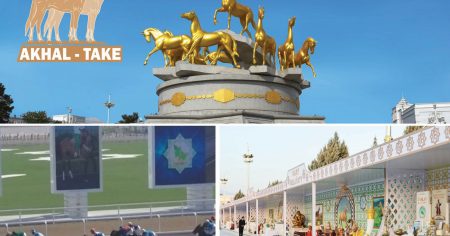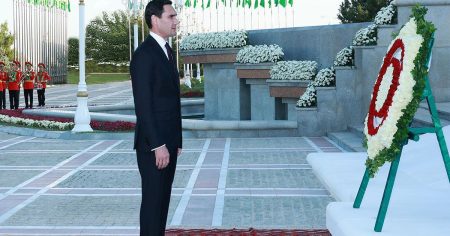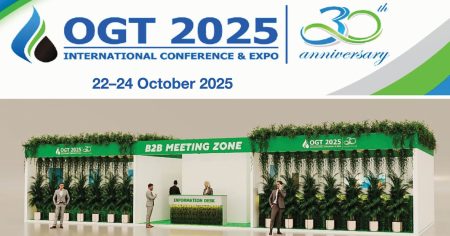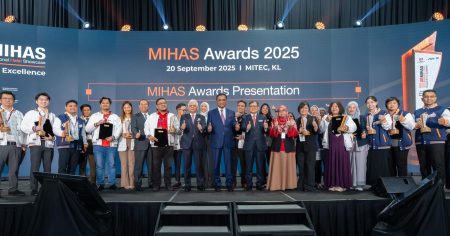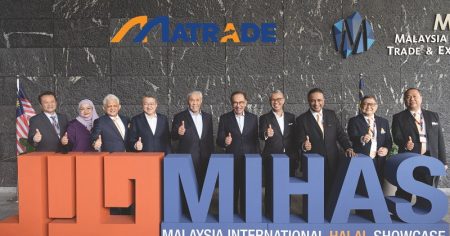The stage is set for the Third Belt and Road Forum for International Cooperation, a monumental diplomatic event hosted by China, promising to usher in a new era of international cooperation and development. This forum, which commemorates the 10th anniversary of the Belt and Road Initiative (BRI), is poised to bring forth a multitude of opportunities and benefits for more than 140 participating countries and over 30 international organizations. Under the visionary leadership of China, this forum is expected to propel the BRI to new heights, reinforcing its impressive track record and emphasizing principles rooted in history, the realities of today, and a vision for a better future.
The Belt and Road Initiative is more than just a monumental infrastructure project; it embodies a vision for a global community of shared future. The initiative is deeply rooted in history, harking back to the ancient Silk Road that connected Asia, Europe, and Africa, fostering cultural exchanges, and driving human progress. In the modern era, President Xi Jinping’s proposal in 2013 has breathed new life into this vision, uniting countries in an international effort to promote peace, development, and shared prosperity.
Over the past decade, the BRI has evolved from an idea into a global reality, transforming the landscape of international cooperation. It has transcended political and ideological boundaries, welcoming countries at various stages of development to share in its benefits. By focusing on economic globalization and improving the global governance system, the BRI has offered concrete solutions to global development challenges, helping nations along the path to modernization and enhancing a sense of unity and shared destiny.
The BRI’s principles of extensive consultation, joint contribution, and shared benefits represent a break from traditional geopolitical power struggles and an embrace of a more equitable, inclusive approach to cooperation. These principles acknowledge that all countries, regardless of size or wealth, have a role to play and a voice to be heard in the process. This means creating opportunities for countries to participate on an equal footing and to share in the collective wisdom of nations.
Extensive consultation promotes multilateralism, fostering collective decision-making that respects the unique characteristics of each nation. It encourages collaboration among economies at different stages of development, allowing them to identify and establish innovative cooperation mechanisms. These principles actively engage businesses, where their expertise and resources are harnessed for mutual gain, and where the government’s role is to create platforms, establish mechanisms, and provide guidance.
Shared benefits emphasize win-win cooperation, ensuring that no country is left behind. The BRI prioritizes development, poverty eradication, job creation, and improvements in people’s well-being. It goes beyond infrastructure development, delving into areas such as public health, education, and disaster mitigation. By promoting small-scale yet impactful projects, the BRI directly improves the lives of people in participating countries, embodying the vision of a global community of shared future.
The BRI embraces green, low-carbon development, respecting the natural world and its laws. It stands as a response to the pressing global issues of environmental degradation and climate change. By fostering cooperation in green infrastructure, renewable energy, eco-friendly transport, and sustainable finance, the BRI leads the way in combating climate change and advancing sustainable development.
Clean governance is integral to the BRI’s success, ensuring that resources and projects are managed with integrity and efficiency. Efforts to combat corruption and promote lawful operations guarantee that the BRI remains a beacon of clean governance and financial transparency.
The Belt and Road Initiative provides a path to global well-being. It aims to create lasting peace, universal security, and sustainable prosperity. It represents a new model of international relations based on mutual respect, equity, justice, and win-win cooperation, and it fosters a new vision of common, comprehensive, cooperative, and sustainable security. It stands as a testament to the power of development to underpin peace and security.
The BRI seeks to build a prosperous future that is inclusive and balanced, rejecting exploitative colonialism and embracing the principles of win-win outcomes and shared development. By prioritizing development as a common goal, the BRI leverages resources and strengths to ignite the growth engines of participating countries and foster a new center for global economic growth.
In its commitment to openness, the BRI transcends national borders and ideological differences. It aims to create an environment conducive to open development and construct a system of international trade and investment rules that is fair, equitable, and transparent. The BRI seeks to build an open global economy that benefits all, reflecting the world’s shared commitment to global economic interconnectedness.
The BRI embraces innovation, leveraging digital and smart development to explore new business forms, technologies, and models. It seeks fresh sources of growth and innovative development pathways to drive transformative advancements. The BRI aims to build a resource-efficient, eco-conscious, and low-carbon Silk Road, making a significant contribution to addressing climate change.
The BRI promotes equality, mutual learning, and inclusiveness among civilizations. It seeks to foster mutual understanding, respect, and trust among nations, broadening consensus on ideas and values and achieving new human progress. By encouraging deeper exchanges among political parties, social organizations, think tanks, and sub-national communities, the BRI aims to improve the lives of people around the world.
As the Third Belt and Road Forum for International Cooperation approaches, it is clear that the Belt and Road Initiative is not merely a collection of infrastructure projects but a visionary blueprint for a global community of shared future. It embodies a commitment to equality, inclusiveness, and mutual benefit, embracing green and clean development, and seeking to pave the way to global well-being. The BRI provides a path to lasting peace, sustainable prosperity, openness, innovation, and social progress, offering a model of international cooperation that transcends traditional geopolitical rivalries and underscores the power of unity and shared destiny. The forum promises substantial outcomes, representing a pivotal moment in the journey toward a better world.
About Author:
Mr. Qaiser Nawab is the President of the Belt and Road Initiative for Sustainable Development (BRISD), a newly established global think-tank headquartered in Islamabad, in conjunction with the one-decade celebration of BRI. Qaiser can reach at [email protected]


